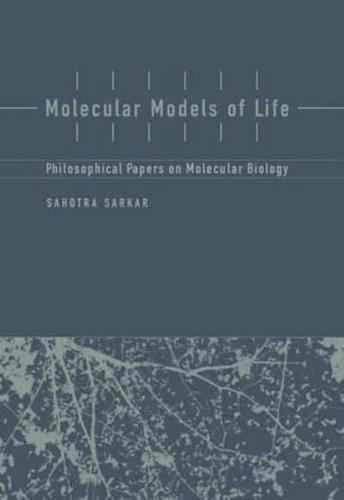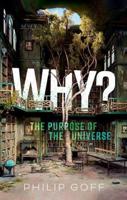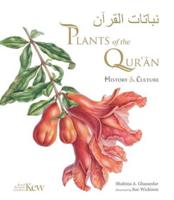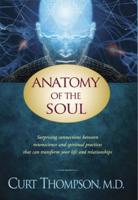Publisher's Synopsis
Despite the transformation in biological practice and theory brought about by discoveries in molecular biology, until recently philosophy of biology continued to focus on evolutionary biology. When the Human Genome Project got underway in the late 1980s and early 1990s, philosophers of biology-unlike historians and social scientists-had little to add to the debate. In this landmark collection of essays, Sahotra Sarkar broadens the scope of current discussions of the philosophy of biology, viewing molecular biology as a unifying perspective on life that complements that of evolutionary biology. His focus is on molecular biology, but the overriding question behind these papers is what molecular biology contributes to all traditional areas of biological research.Molecular biology-described with some foresight in a 1938 Rockefeller Foundation report as a branch of science in which "delicate modern techniques are being used to investigate ever more minute details"-and its modeling strategies apparently argue in favor of physical reductionism. Sarkar's first three chapters explore reductionism-defending it, but cautioning that reduction to molecular interactions is not necessarily a reduction to genetics (and does not support the claims of either heriditarianism or environmentalism). The next sections of the book discuss function, exploring how functional explanations pose a problem for reductionism; the informational interpretation of biology and how it interacts with reductionism; and the tension between the unifying framework of molecular biology and the received framework of evolutionary theory. The concluding chapter is an essay in the emerging field of developmental evolution, exploring what molecular biology may contribute to the transformation of evolutionary theory as evolutionary theory takes into account morphogenetic development.












